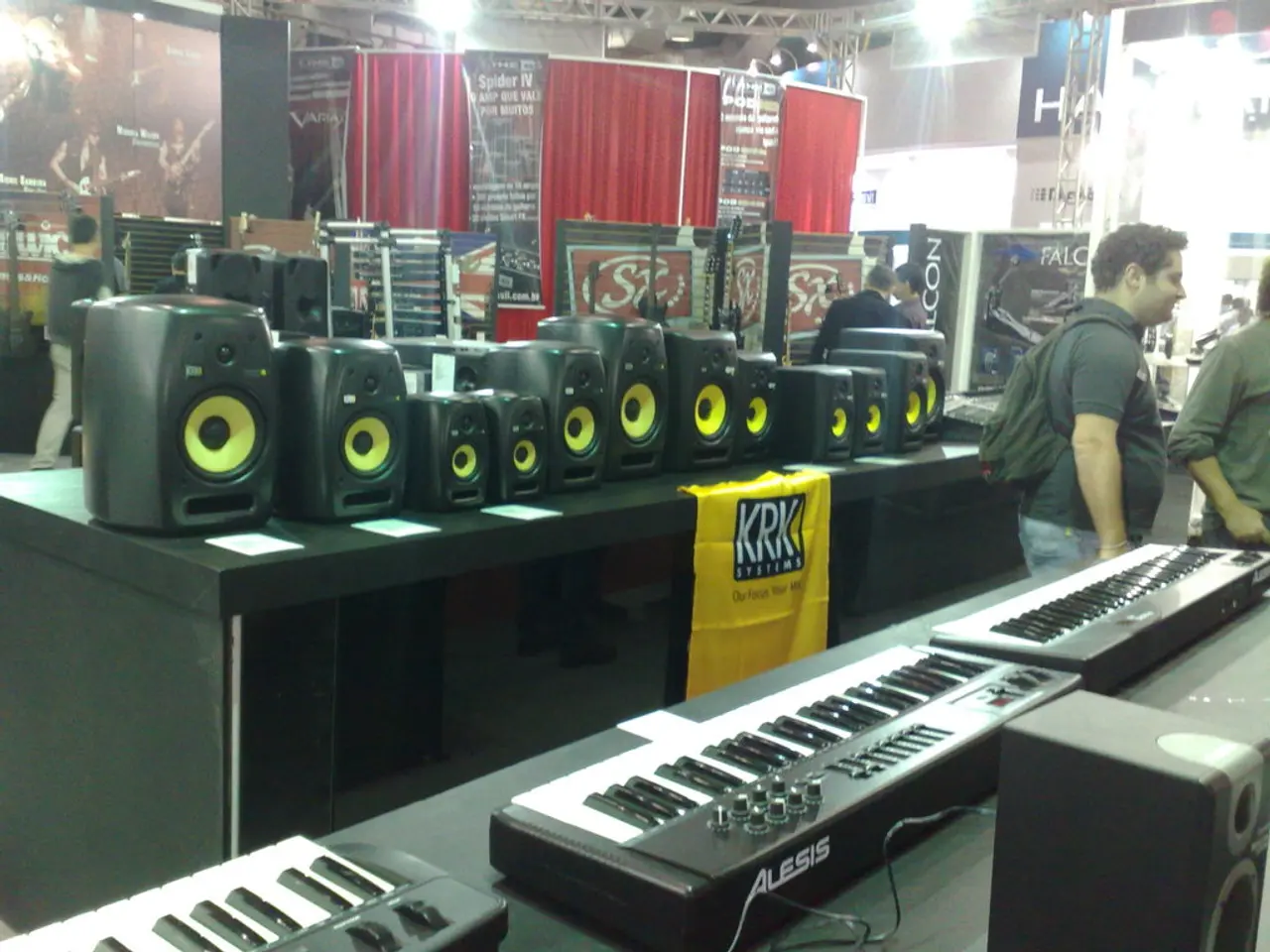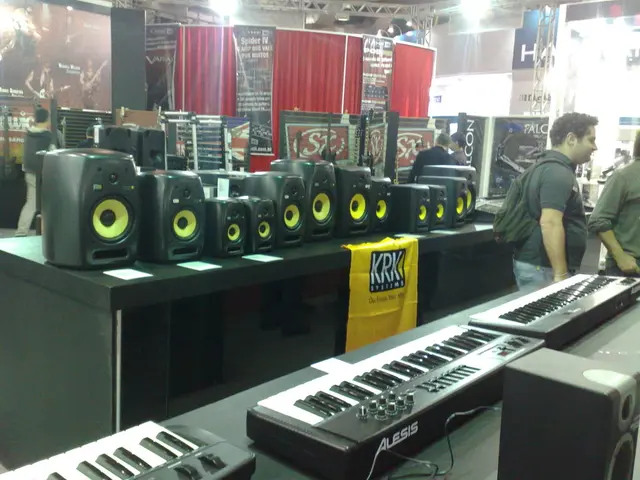Behind the Glamour: The Unvarnished Realities of Dealing in Sin City (Las Vegas)
The Allure of Sin City: Beyond the Shimmering Lights
Step into Las Vegas, where the city entices millions of travelers each year with its dazzling lights and the seductive whisper of fortune awaiting a lucky spin. In 2024, the city welcomed approximately 41.7 million tourists, a 2.1% increase over the previous year, underscoring its undiminished charm. The profession of a casino dealer seems captivating at first glance-a mesmerizing blend of skill and showmanship.
However, this glossy façade conceals a grueling rhythm immersed in repetition, pressure, and psychological strain. Once the glamour fades, the days become a marathon of focused attention, spent at felt-covered tables for hours on end, dealing cards with precision and performing calculated moves while managing chips, reading faces, and executing fast-paced arithmetic.
The Strain of Sustained Exertion
The physical discomfort is swift-lower back and feet ache, particularly in outdated pit settings offering inadequate ergonomic support. Mental clarity is paramount; dealers must stay vigilant and track betting patterns, avoid errors in payouts, and adapt to mood swings from customers. Fatigue can be a constant companion, yet mistakes are seldom tolerated.
The Precarious Economy of Tipping
Financial security in this line of work relies heavily on gratuities. Base hourly pay is meager-often near minimum wage-making tips a crucial lifeline. Yet, tips are pooled, implying that skill and patience may subsidize the laziness or fortune of a coworker. A high roller's $100 tip, distributed across an entire shift, can feel scarcely rewarding.
This economic disparity breeds invisible resentment, especially when table assignments are based on favoritism. Over time, the differential between effort and compensation can erode even the most positive newcomer's optimism.
Under the Gaze: Managing Surveillance and Emotional Labor
Every dealer's performance is monitored religiously-cameras document every move, while pit bosses evaluate demeanor, speed, and accuracy in real-time. Balancing the need to avoid errors with moderating the emotional temperature of your table puts dealers in a uniquely vulnerable position. The emotional volatility of players can be smooth one moment and vicious the next, leaving dealers subject to hollow praise for a winning round and caustic insults for a losing one.
The Fragile Fantasy
Most dealers embark on this journey with enthusiasm and ambition, drawn by the allure of proximity to riches, charm, and the spectacle of fortune on display. However, this illusion quickly fades, replaced by monotony as conversations grow repetitive and smiles lose their genuine touch. The mental toll is significant, not only from fatigue but also from the dissonance between the image portrayed in captivating marketing and the stark realities of the job.
The Wear and Tear: Burnout and Exodus
Burnout in this profession is common-the combination of irregular sleep patterns, aggressive lighting, constant noise, and emotional fatigue gradually erodes energy reserves. Days off often fail to restore what the job consumes, social circles shrink as schedules diverge from the rest of the world, and weekends, holidays, and spontaneous evenings become elusive. For many, this isolation weighs heavier than the job itself.
Over time, dealers detach from the aspirations that initially drew them to the tables. Some seek alternate roles within the industry, such as table supervisors, trainers, or floor managers, while others leave the industry entirely in search of less taxing pastures. Few remain motivated by passion; most stay because they've become accustomed to the rhythm, clinging to the now-stale remnants of what initially captivated them.
In an industry awash with glamour and intrigue, dealers bear the brunt of its duality. The seductive façade belies the physical and emotional exhaustion, job insecurity, and the lingering specter of automation that casts a long shadow over the future of this profession.
Key Talking Points
- Many casino dealers in Las Vegas endure psychological strain, job instability due to declining tourism, and the emotional demands of managing customers while performing under intense scrutiny and high-pressure work environments.
- Dealers confront challenges such as long, irregular hours, job insecurity due to automation, and the need to maintain their composure in the face of volatile customer behavior.
- Declining tourism and widespread layoffs have left many dealers questioning their job security. Several large casinos on the Las Vegas Strip have eliminated dozens of dealer positions to manage labor costs and adapt to changing visitor patterns.
- In addition to fatigue and emotional resilience needed to handle difficult customers, dealers must navigate complex rules, manage stress when dealing with quiet or slow tables, and cope with potentially unsympathetic management directives.
Additional Insights
- Dealers in Las Vegas casinos face unique stressors that include coping with the financial and emotional strain of dependance on tips, as well as the potential pressures of workplace favoritism when it comes to table assignments.
- The looming presence of automation in the casino industry poses a significant impending challenge for dealers, as an increasing number of casinos adopt automated dealing technology, threatening to further reduce the number of dealer positions and fundamentally changing the way casinos operate.
In the glamorous world of Las Vegas, lifestyles are intertwined with sectors such as fashion-and-beauty, food-and-drink, and travel, providing a picturesque backdrop for the allure of the casino-and-gambling industry. However, the profession of a casino dealer far from epitomizes a glamorous lifestyle, with its precarious economy of tippingthat relies heavily on the discretion of customers and job insecurity due to both declining tourism and automation.
Dealers are subjected to intense scrutiny under the gaze of surveillance, managing not just the flow of casino games but also emotional labor in dealing with the emotional volatility of customers. Amidst the enticing neon lights and allure of an imminent fortune, dealers bear the brunt of the industry's duality, balancing the strain of sustained exertion with the fragile fantasy that initially drew them to the tables.
Despite the luxury of residing in Sin City, the lives of casino dealers are filled with psychological strain, job insecurity, and the emotional demands of the profession. In a shifting landscape that values flexibility and efficiency, the future for these dealers may be a tranquil game of chance as they navigate the increasingly automated casino-games in Las Vegas.







